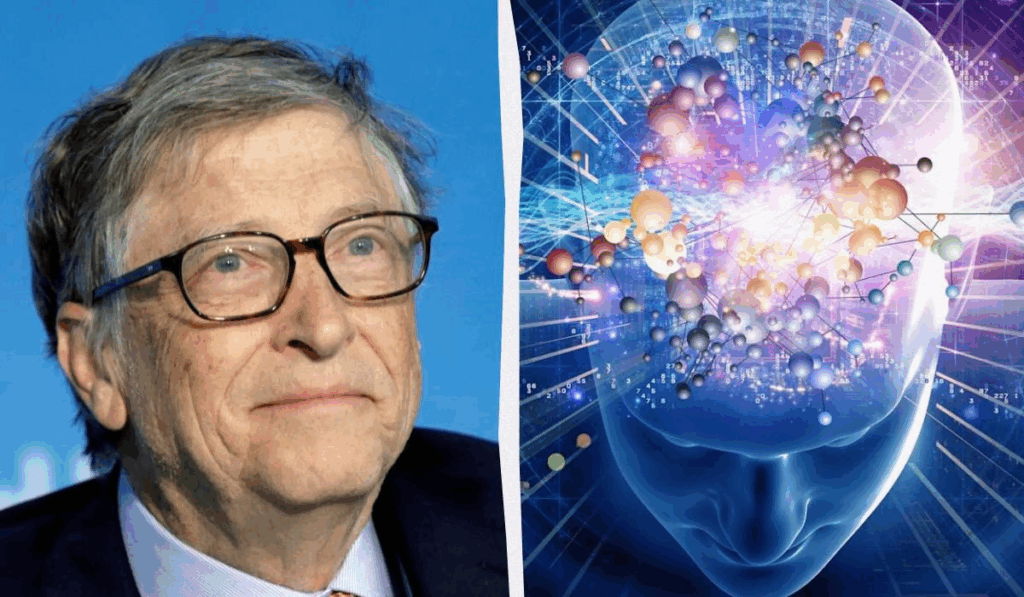🕰️ They say soon we’ll be working only two days a week. And this isn’t another joke about Monday and Friday — it’s a serious forecast from people who have predicted the future before.
Elon Musk said that by 2030, smartphones will disappear from our lives. We’ll stop scrolling through apps, checking messengers, and hunting for chargers. Instead, we’ll simply talk — not to a person, but to artificial intelligence that sees, hears, understands, and even anticipates our desires.

It won’t be a “smartphone,” it’ll be a “smart you.” A miniature device or implant that replaces interfaces, screens, and buttons. Sounds like science fiction, but remember — only 15 years ago, a button phone was considered the peak of evolution.
And now to Bill Gates. He recently suggested that by 2034, neural networks will replace most professions, and people will work only two days a week. The remaining five — we’ll rest, learn, create art, spend time with children, or more likely, try to figure out what to do with all that free time.

According to him, artificial intelligence will change not just labor, but the very concept of employment. Monotonous tasks will vanish, and routines will fall to algorithms. Only areas requiring creativity, strategy, empathy, and the ability to see beyond formulas will remain.
It sounds wonderful. But a logical question arises: who will pay?
If a person works two days out of seven — will they earn only 2/5 of their previous salary? Or will the state introduce a “basic income” — an idea once seen as utopian, now increasingly discussed at economic forums?
Because if AI replaces human labor but productivity keeps rising, the profits still stay with the companies. And if they’re not redistributed, we face a paradox: technology frees our time but doesn’t let us truly enjoy it.
Musk and Gates see this future differently, but both agree on one thing: AI is irreversibly changing the rules of the game. Today it already writes code, creates music, manages accounting, and designs buildings.
While some argue whether “AI will take our jobs,” others quietly learn to use it — to become twice as productive and three times calmer.
And yes, when we joke that “AI will steal our jobs,” we should remember — it will only take the jobs that can be described by instructions. Everything else — creativity, intuition, empathy, the ability to inspire — will remain human.
🎯 So the question isn’t whether the two-day workweek will come. It will.
The real question is: will we be ready to live in a world where we work less — but must think more.
All content provided on this website (https://wildinwest.com/) -including attachments, links, or referenced materials — is for informative and entertainment purposes only and should not be considered as financial advice. Third-party materials remain the property of their respective owners.


